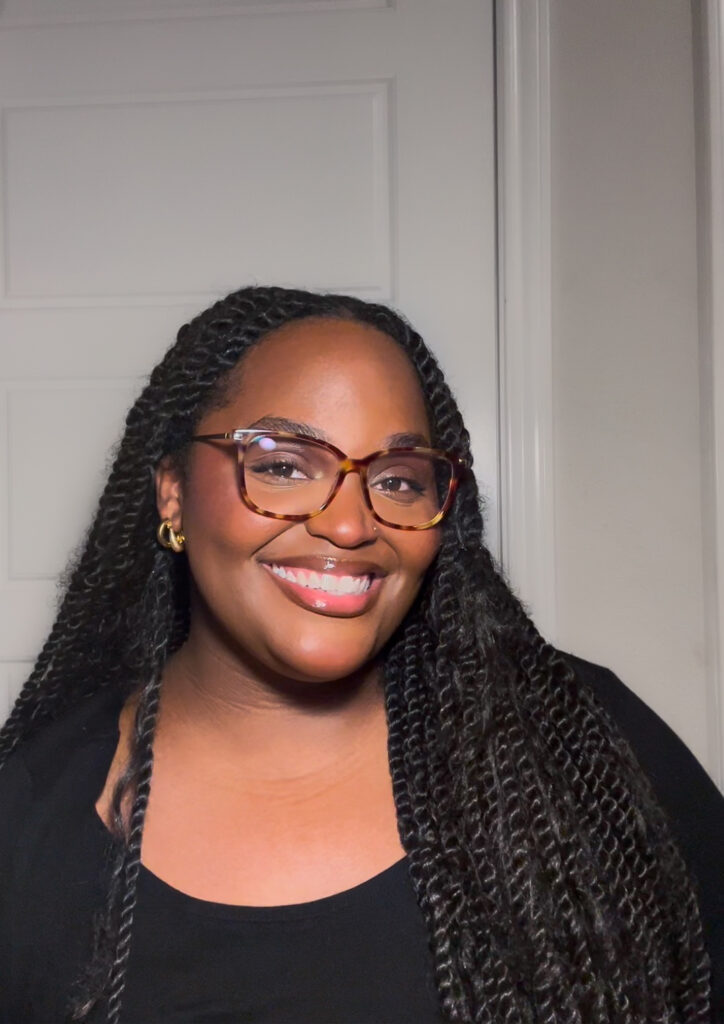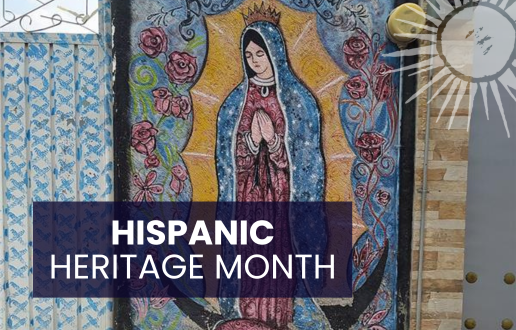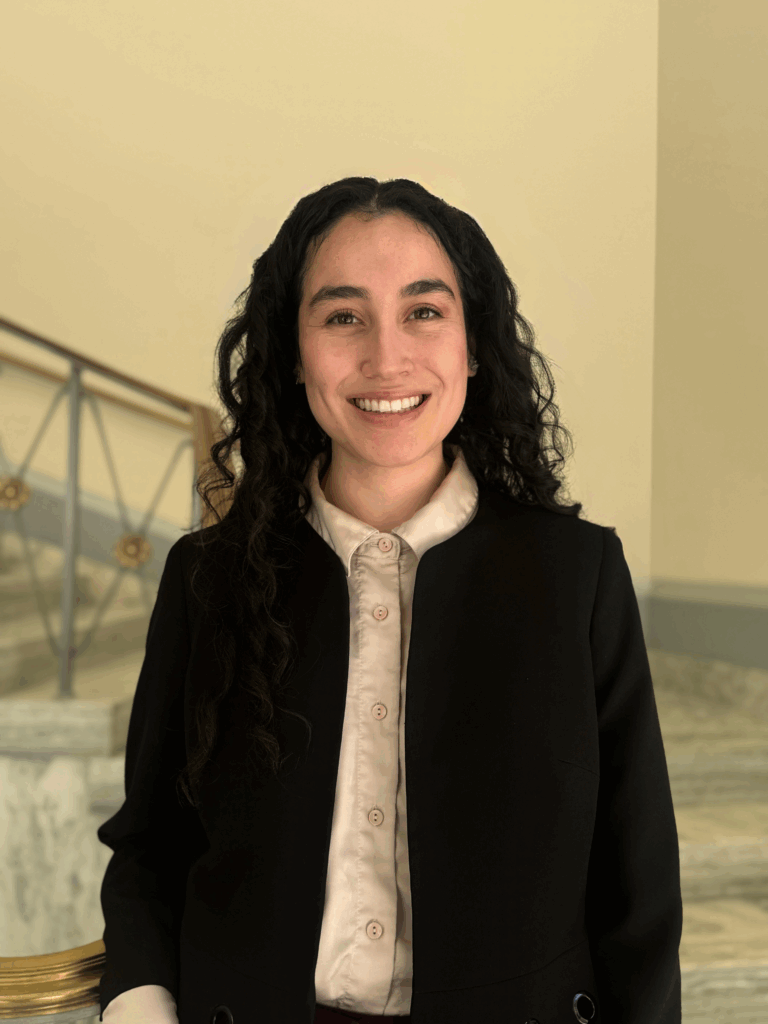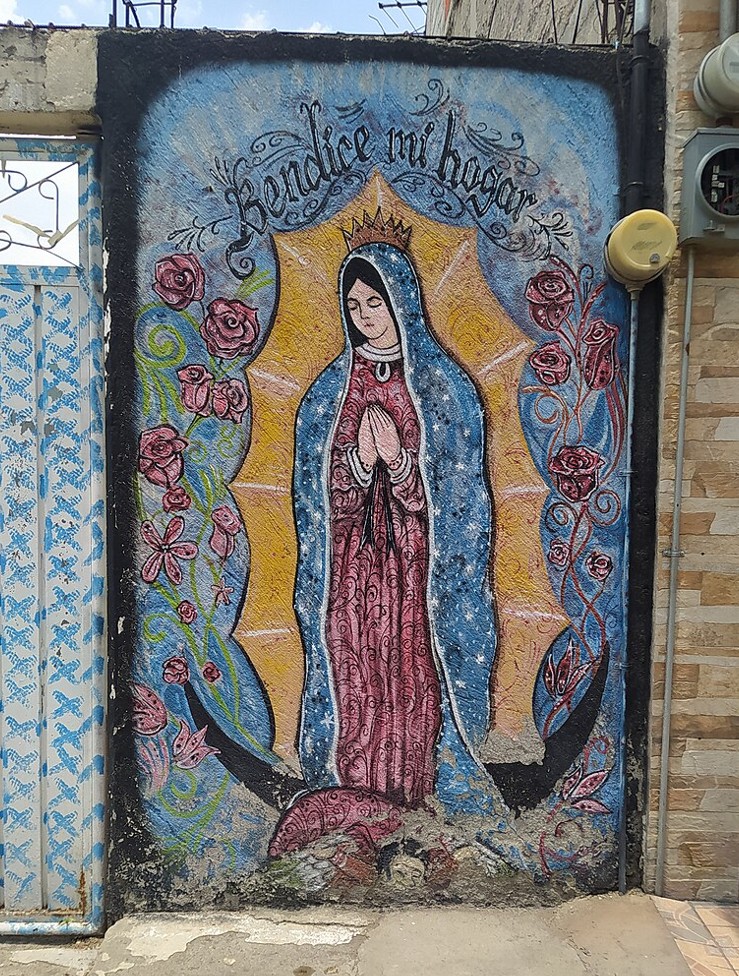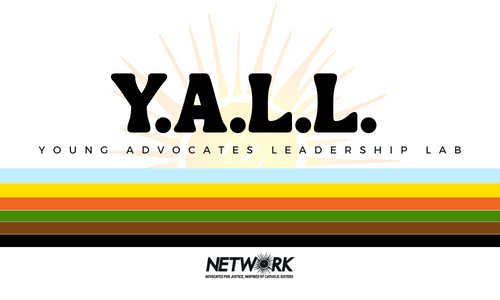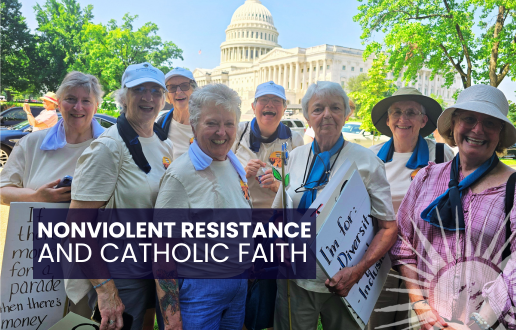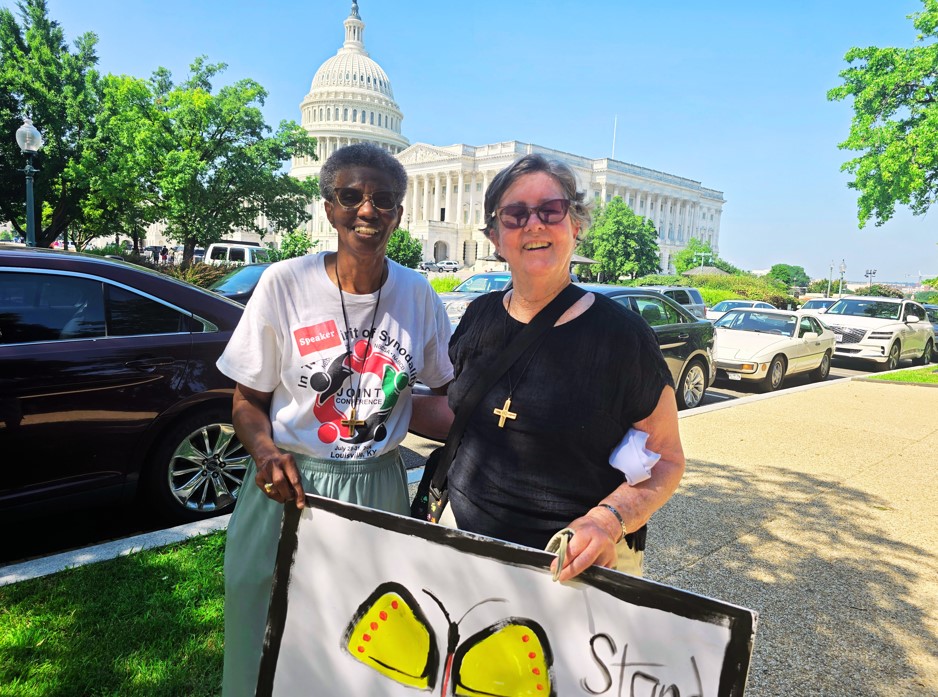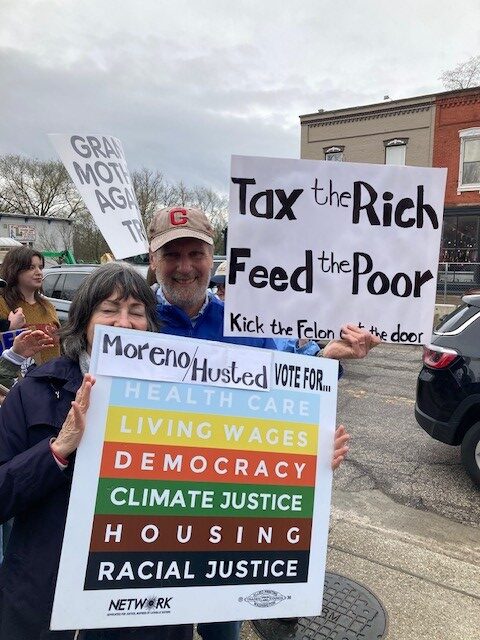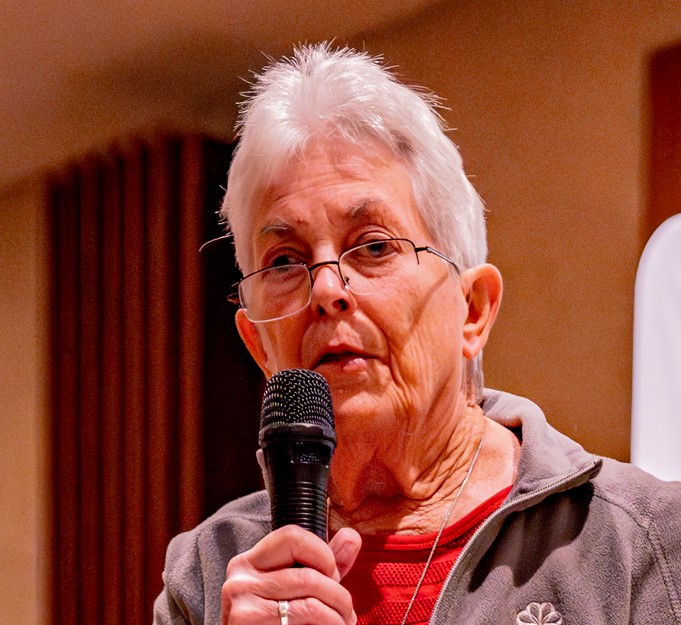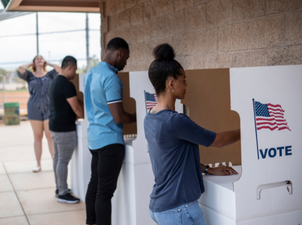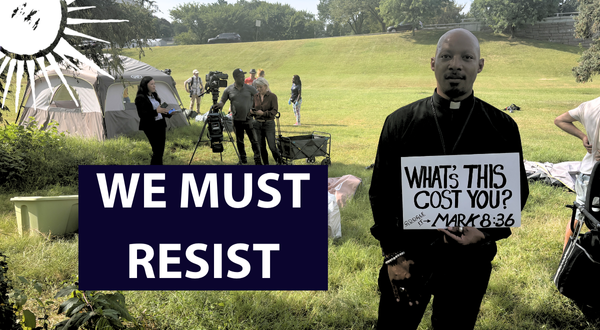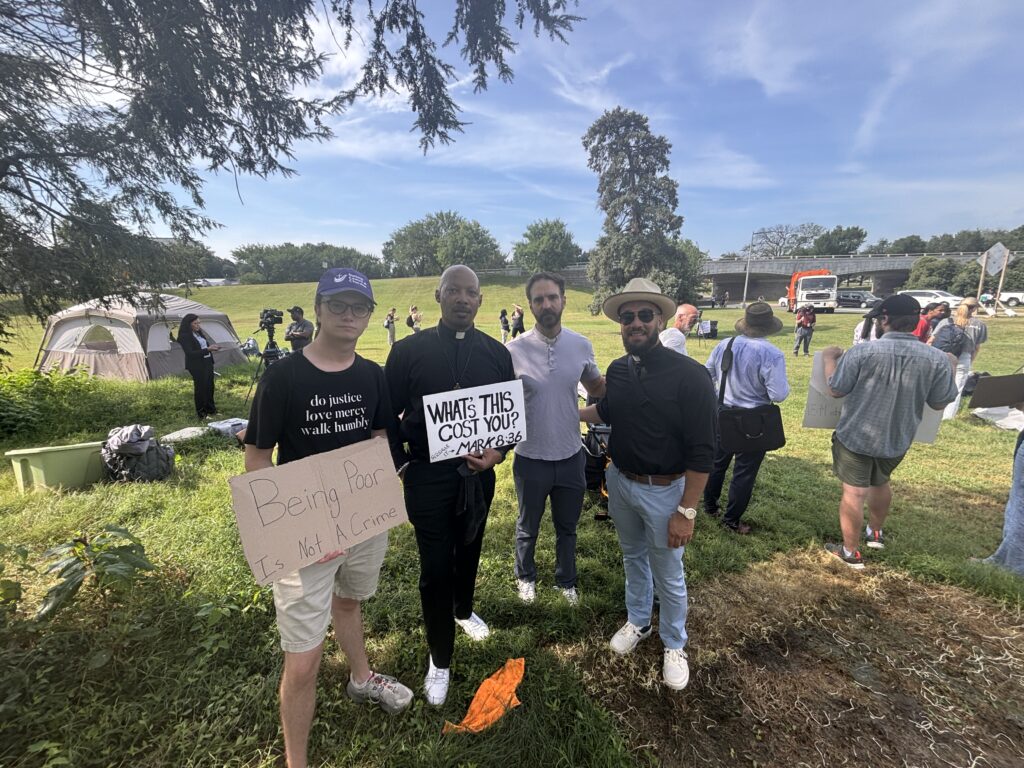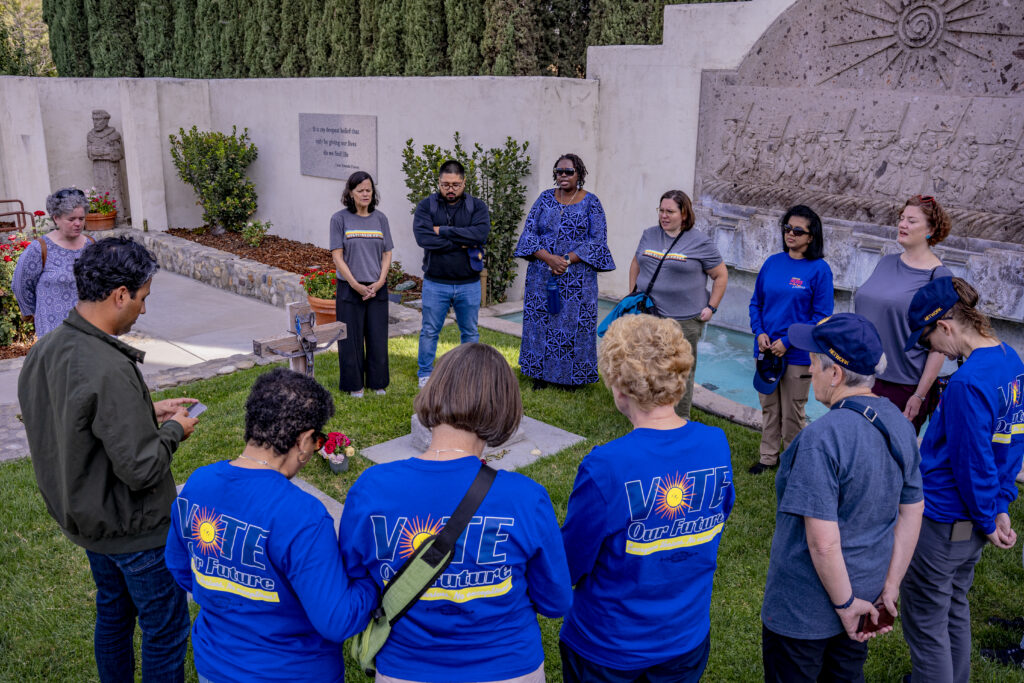Hispanic Heritage Means Resilience Against Injustice
Policies of Exclusion Inflict Lasting Mental and Physical Harm on Hispanic Communities
Taylor Demby
October 14, 2025
For Hispanic Heritage Month (September 15-October 15), NETWORK’s Sr. Carol Coston Fellows share their thoughts on the importance of this observance in the U.S. This reflection comes from University of the Incarnate Word student Taylor Demby.
Hispanic Heritage Month is a time to celebrate the richness, resilience, and many contributions of Hispanic and Latino communities across the United States. This month is especially personal to me as a San Antonian and as an ally. Having grown up in a city where Hispanic culture shapes nearly every neighborhood, classroom, and workplace, I have experienced firsthand how essential the Hispanic community is to the fabric of our daily life.
Both in and out of September, it is imperative that we take a moment to honor this cultural legacy that continues to influence every corner of American life. As we honor heritage and achievement, we cannot continue to ignore a serious concern: the rising mental health crises deeply affecting Hispanic communities, intensified by the relentless attacks and exclusionary policies that have shaped their lived experiences in this country.
Data from the CDC’s 2023 Morbidity and Mortality Weekly Report indicate a troubling trend: suicide rates among Hispanic individuals in the U.S. increased by 10 percent between 2018 and 2021, while rates for non-Hispanic White individuals declined over the same period. Behind these numbers lie the experiences of families and neighbors: each one reflecting a real human reality shaped by systemic discrimination, the emotional toll of ongoing injustice, and the daily challenges faced by a community trying to navigate a society that continues to overlook and undermine them.
I work at one of the few outpatient behavioral health facilities in San Antonio that accepts Medicaid. In my work, I encounter both the resilience of and the struggles that Hispanic families face when seeking mental health care. Many caregivers advocate fiercely for their children, yet they face barriers that others rarely encounter. Long waitlists, limited insurance coverage, lack of transportation, unforgiving work schedules, and the stigma surrounding mental health can make accessing care extraordinarily difficult. Their persistence inspires me, but it also emphasizes the urgent need for federal policies that expand Medicaid access, reduce wait times and ensure culturally competent, affordable care for all Hispanic families.
Across the country, families face the compounded effects of systemic inequities, limited access to healthcare, and the stress of navigating anti-immigrant policies. These struggles are widespread yet often hidden, reminding us that celebration alone is not enough. We must pair this recognition with meaningful action to create the change our communities need. To me, honoring Hispanic heritage means taking the time to recognize the full spectrum of experiences that shape communities.
In my home state of Texas, where heavy anti-immigrant sentiment and ultra-exclusionary policies have persisted for generations, these challenges are especially apparent. Students at my own university and across the Bexar County area are not immune to this. In San Antonio, reckless immigration policies and cuts enacted through the recent Budget Reconciliation Bill continue to disproportionately affect Hispanic families, impacting workplaces, classrooms, and homes.
These realities highlight the urgent need for culturally sensitive support, accessible care, and open dialogue about mental health and our healthcare system as a whole. By bringing these issues to the forefront, we can mobilize our communities and work to hold legislators and decision-makers accountable, ensuring that the policies introduced protect and uplift Hispanic families rather than harm them.
Hispanic Heritage Month offers advocates and allies like me a unique opportunity to pair celebration with action. Investing in the health and dignity of Hispanic families builds a stronger, more equitable future for all families, regardless of race or class. The forces driving inequity expand across race and region, hurting working people everywhere, and the solutions we fight for benefit us all.
Honoring Hispanic heritage requires confronting these uncomfortable truths: that within the great stories of strength, resilience, and perseverance live the often-unspoken realities of distress, trauma, and pain associated with inequity. We should do more than remember the past. We must contribute to culturally sensitive dialogue that affirms a principle central to my work as an advocate inspired by Catholic Social Justice teaching: human dignity. Every human being possesses inherent dignity and deserves the support to live fully and authentically, without barriers.
Learn more about NETWORK’s Young Advocates Leadership Lab (Y.A.L.L).








